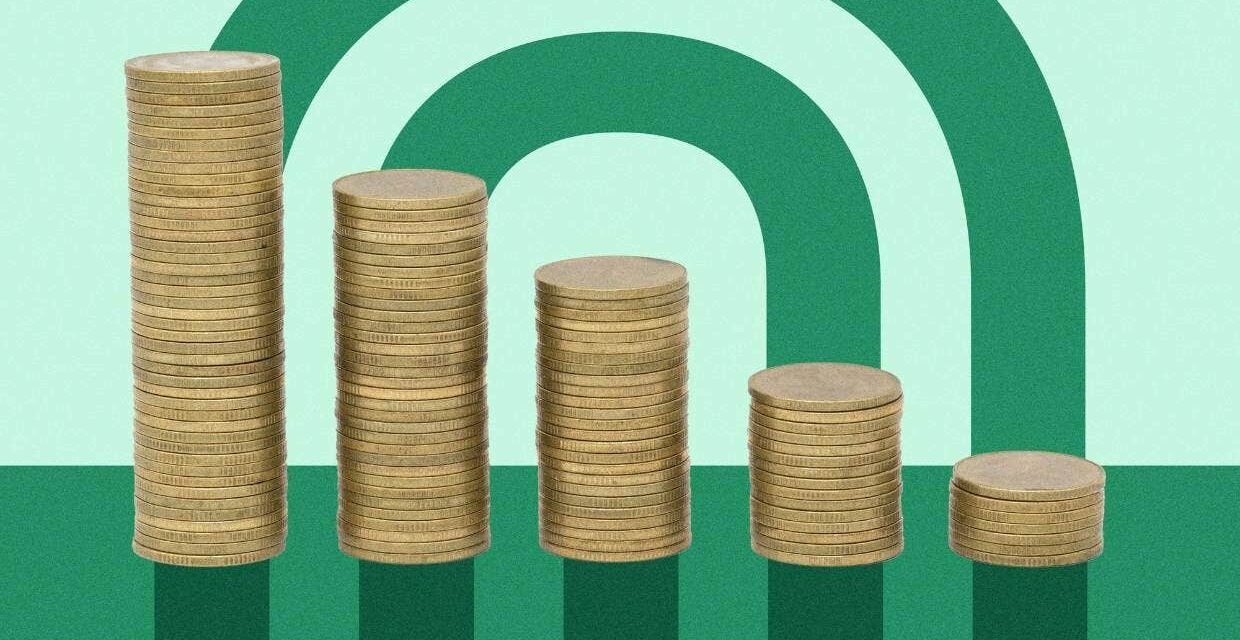Author Katrina Shanks, CEO Financial Advice NZ. Article originally published in Stuff.co.nz.
OPINION: The economic pain caused by the past three years will not be remembered very fondly by many Kiwis, particularly those at the forefront of the business downturn.
But it did teach us some positive things when it comes to being prepared and being resilient.
Among them is we learnt how to save money better.
Kiwis are not known to be good savers, but analysis by financial research company Canstar shows saving levels were actually higher last year than they were pre-Covid.
Nearly 33 per cent of us managed to save around 10 per cent of our income last year, 15 per cent of us saved 20 per cent, while a further 20 per cent saved between 20 per cent and 30 per cent. On average, households were putting away nearly $500 a month.
That’s commendable and one of the few silver linings from Covid that more of us are now seeing the value in saving for a rainy day.
But I’m afraid that’s where the good news ends.
The research also showed a quarter of us aren’t saving a single cent.
That’s worrying, because for those people it means they won’t have anything to spend on extras for themselves or their family, let alone having built up an emergency fund.
But though it is worrying, it’s also something that can be fixed over time.
Because we can all save SOMETHING if we really want to.
Many of us have excuses for why we can’t save, with the biggest one being because we don’t earn enough.
In reality, it doesn’t matter how much you earn. What matters is how badly we want those extra things.
The key is creating a savings habit – and the earlier the better.
The idea is to create a habit where you automatically put a little bit away each week into a dedicated account before your pay lands in your spending account.
It’s the behaviour at the beginning of your life, when you earn your first money – maybe delivering pamphlets to letterboxes, helping out with odd jobs around the house, or mowing your next-door neighbour’s lawn – that will help set you up for a lifetime of good habits by getting get you into the saving patterns for when you do get more money.
As a student or earlier, or even if you’re gifted money – maybe a birthday present – get into the habit of saving a little bit of everything.
You could use what some call the 90% rule. That’s where you spend 90 per cent of whatever you earn or are given, but save 10%. A more common percentage used for budgeting is the 50/30/20 rule. You divide your spending into 3 buckets, 50% on needs, 30% on wants and 20% on savings.
It could be more or it could be less, but as long as you’re saving something you will see long-term benefits. If you use the percentage model this means as your income increases so does the amount you are savings automatically.
Let’s have a look at a few scenarios that show how a little saved regularly can add up to a lot over time by applying compound interest. (Compound interest is when you earn interest on the money you have saved as well as on the interest you have earnt on that money. Basically, it’s your money working for you instead of you working for your money).
$10 a week
Say you saved just $10 a week. In a year you would have $534. At the current savings interest rate of 5.6% you will have saved $2,987 in five years, but you would have contributed only $2,600. That’s not a lot to save each week, and if you transfer it from your spending account you won’t even know it’s gone. And then don’t touch it.
$20 a week
What about $20 a week? That will turn into $1,068in a year, and $5,974 in five years for your investment of $5200. That’s $774 profit. The more you save, the more you get.
$40 a week
Say you doubled that to $40. In a year you would have $2,137 and in five years you would have $11,948 – for your savings of just $10,400. What about continuing for 10 years? In year 10 you would have $27,639 for your $20,800 of savings. And all you’ve done is – nothing.
A great tool to play with is on the sorted.org.nz site. This is where the above figures were calculated.
Now, I realise over those years the interest rates would have changed – maybe up a little, maybe down a little – but they’re simple examples of how you can get ahead and reach that goal of a trip or a car by saving just a little every week.
Savings can be started at any point in your life, but it’s much better to get you (and your children) into the habit as early as you can, so when you do hopefully have big earnings you will be saving really serious money.
But if you think you’re too old to start saving, think again. You’re never too old.
Saving isn’t easy, but it’s not hard either – once you get into the habit – and it’s the key to reaching your goals.
At different ages and stages of my life I have been a combination of a good saver and a bad saver. Normally, I’m a good saver in periods where we have less pressure on our budgets due to the needs of a busy family life. In retrospect I wish I had been slightly more disciplined all through my life and adjusted how we lived instead of reducing our savings plan.
As my financial adviser would say – it doesn’t matter how much you earn. Just have a plan, check it regularly and stick to it, and before you know it, you’ll be closer to that goal.








